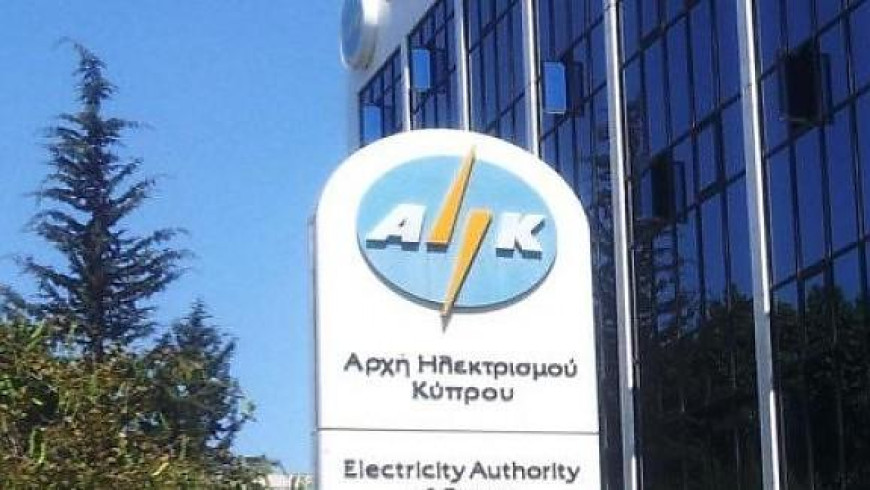Cyprus: Questionable Management and Allocation of the Government Finances

The Government cites its large surpluses and substantial international bond issues at low interest rates as clear signs that the economy is performing very well under its management.
But current policies aimed at generating unnecessarily large Government surpluses and over-borrowing on international bond markets are having a detrimental effect on economic growth. EU fiscal rules require Cyprus to aim at achieving an overall balanced budget over the medium-term, yet in 2019 overall and primary budget surpluses of 2.8% and 5.3% of GDP, respectively, were recorded. Germany, which is accused of being too fiscally prudent registered a much lower overall Government surplus of 1.5% of GDP in 2019. And for 2020 the over-riding objectives of the Cyprus Government are to attain overall Government and primary surpluses of a similar magnitude to those in 2019. Accordingly, with such large surpluses the Government is taking much more money out of the economy than it needs to, thus contributing to a negative multiplier effect on domestic demand.
The Government claims that it produces primary surpluses in order to help reduce the high Government debt to sustainable levels. However, the Government continues to borrow in international markets with its debt to GDP ratio being maintained at around 100%. In fact, with its surpluses and “over-borrowing” the Government is just accumulating large amounts of deposits at the Central Bank now estimated at over 2 billion euro and taxed at the historically low interest rate of minus 0.5%.
The Ministry of Finance further claims that it is currently borrowing at minimal interest rates to refinance its debt at lower costs.It cites the example of borrowing 1.75 billion euro at an average coupon rate of 0.9% in January to repay debt maturing in 2020 including the recent repayment of 716 million euro to the IMF, which carried an interest rate of 1.7 to 1.9%. Yet with debt keeping on edging up annual interest payments have begun rising reaching 519 million euro in 2019 compared with 460 million euro in 2018.
The Government’s policy of prioritizing the generation of unnecessarily high surpluses over the quality of its services and expenditures is endangering the prospect of sustaining healthy economic growth. Public investment in physical infrastructure which was cut most severely during the post 2012/13 crisis austerity period continues to be reduced, while other growth-enhancing expenditures including investments in digital transformation, research and development, vocational education and training and healthcare are insufficient to make the growth model of Cyprus sustainable according to latest report of the European Commission.
Thus, there is a compelling need for the Government to fundamentally change its obsession with producing large surpluses and instead allocate more budgetary resources to outlays that can contribute to the sustained and equitable growth of the Cyprus economy. The claim by top Government officials that they do not have the “fiscal space” to undertake certain Government expenditures such as the adequate staffing of the Limassol Hospital or for vocational education rings hollow when requests for less-needed expenditures such as renewing the fleet of limousines for Government officials and employing a plethora of “public relations” advisors at the Presidential Palace are readily granted.







 3287.99
3287.99 1275.09
1275.09

